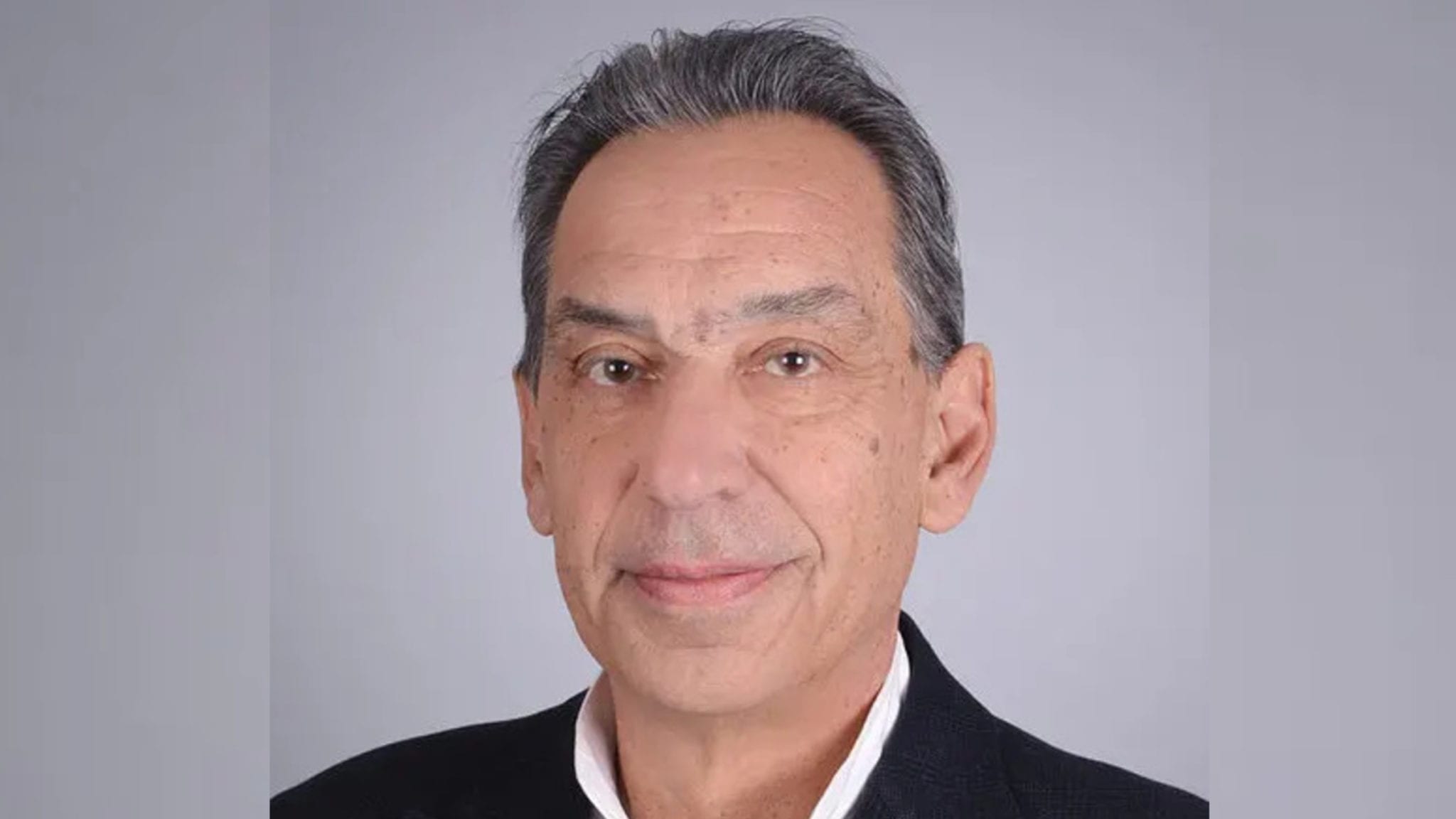
Jean-Pierre Sommadossi, Atea president and CEO (file photo)
Roche wades deeper into Covid-19 fight, inking antiviral pact with $350M cash following Regeneron deal
Roche is making its first bet on an antiviral against Covid-19 in style, shelling out $350 million in cash to grab ex-US rights.
The drug …
Sign up to read this article for free.
Get free access to a limited number of articles, plus choose newsletters to get straight to your inbox.